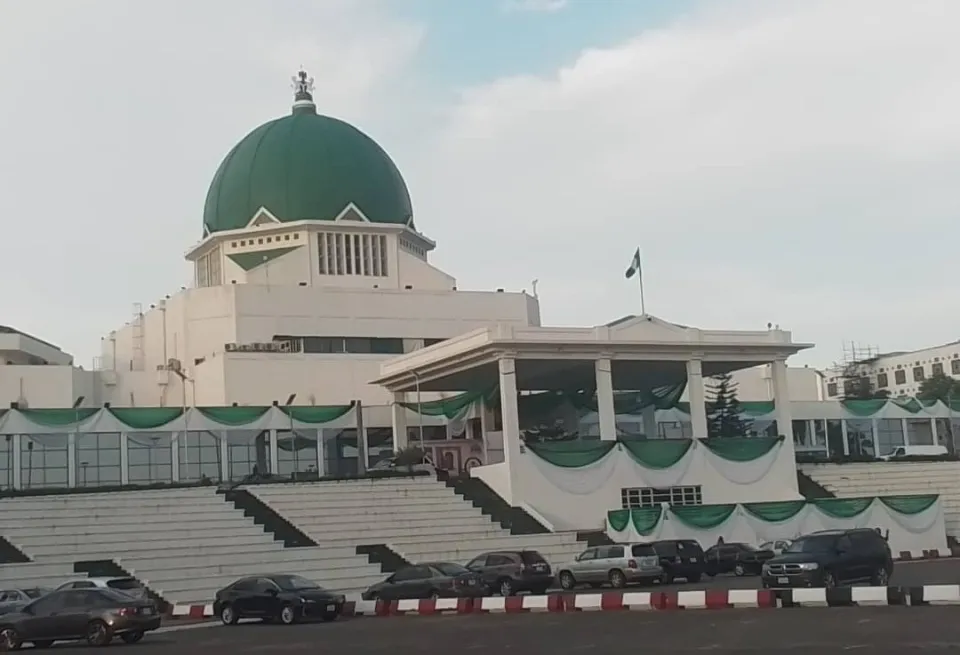Designing a process for constitutional reform in Thailand

Thailand’s constitution was made in 2017 by the military junta government. Although it was approved by referendum, the 2017 Constitution remains highly unpopular due to its origin. Constitutional reform was a central issue during the tightly contested 2023 elections, in which an unprecedented voter turnout demonstrated strong support for democratic and progressive parties. The same demand, of amending the 2017 Constitution, was repeated throughout the 2020-2021 mass protest movement.
Disclaimer: Opinions expressed in this commentary are those of the author and do not necessarily represent the institutional position of International IDEA, its Board of Advisers or its Council of Member States.
Constitutional amendment is a political and legal process. Through the election and protests, Thai people have expressed their wish to amend the 2017 Constitution. But how constitution makers will translate that political mandate into law remains a challenge.
The political backdrop
After forming a coalition government, in September 2023 the Pheu Thai Party committed to “engage in discussions to emphasize the importance of involving citizens from all regions in designing a modern and mutually acceptable democratic constitution." Doing so will require navigating a pathway between a range of competing political interests. On one side are Pheu Thai’s conservative coalition partners, which reject the need for constitutional change or, at the very least, seek to preserve current structures protecting the role of the monarchy and military in public life. On the other is the progressive Move Forward Party. Move Forward won the highest number of votes at the election but was prevented from forming government when the military-appointed Senate refused to appoint its leader as Prime Minister. Move Forward is currently the parliamentary opposition. It campaigned for wholesale constitutional reform in pursuit of the 3D’s: demonopolisation, decentralisation, and demilitarisation.
Discussions on constitutional change are taking place against the backdrop that, although the democratic parties won the 2023 election, royalist conservatives who staged the coups in 2006 and 2014 are still in power. They control the Senate, which until May 2024 is composed of members entirely appointed by the military. Conservative influence is also apparent in watchdog agencies, including the Constitutional Court. There is a concern that conservative powers can block the amendment effort if they feel threatened by the process.
It is therefore not surprising that the government’s steps towards constitutional change are tentative, with no specific details about the substantive reforms sought. Conservative parties are pushing for Chapters 1 and 2 of the 2017 Constitution, which deal with the form of the state and the powers of the monarch, to be taken off the table and immune from change. While the Move Forward Party does not seem to have a plan to amend Chapters 1 and 2, the clash is a political and symbolic gesture to display a stance on the monarchy.
The legal requirements for amendment
Amendments to the Constitution require a super majority of the National Assembly that includes at least one-fifth of the non-government members of the House of Representatives and at least one third of the Senate. Amendments to Chapters 1 and 2, and Chapter 15 (dealing with amendment) require approval of a majority of voters at referendum. Moreover, a convention dictates that, in cases where an amendment results in a drafting of a new constitution, another referendum is needed.
In 2021, the Constitutional Court imposed an additional requirement of an initial referendum to determine whether a majority of voters approve a process for constitutional change. The Referendum law requires a double majority: a turnout of at least 50% (a requirement that did not apply in previous constitutional referendums) and approval of at least 50% of those who vote. This requirement has been criticised, with calls from Move Forward to amend this law.
There is debate over whether one, two or even three referendums might be required along the way, raising concerns about the costs of the constitutional reform exercise and the risk that people will disengage from the process.
Composition of the Constitution Drafting Body
In the past, Thailand has created Constitution Drafting Assemblies or Committees responsible for producing a draft constitution. Some have been wholly appointed by a military government; others, such as the Assembly that drafted Thailand’s 1997 Constitution, included elected deputies and appointed experts. It is likely that the current reform process will also utilise a constitution drafting body, but there is disagreement on whether that body should be wholly elected or partially appointed. If there are to be appointed members, further questions will arise about who the appointed members might represent and who will be responsible for their appointment.
Timing
Constitutional changes introduced under the previous government were effectively delayed until the end of the parliamentary term curtailed the reform. It seems likely that the current process will occupy much of the term of the current parliament, especially if it is to include at least two referendums and meaningful public participation. The timeline for the process is therefore important. A cross-party committee established to consider the process for constitutional reform has indicated that there will be no preliminary referendum until May 2024, when the membership of the current military appointed Senate expires and new Senators are selected. In the meantime, there will be public consultations across the country to canvas views on constitutional process and substance. A long process subject to delay carries its own risks: that the momentum for constitutional reform will be lost, that political events will intervene, and that the public will disengage.
Navigating a pathway for reform
It will be no easy task to navigate a pathway towards democratic constitutional reform in Thailand. Politics is deeply divided between conservative and progressive parties. Institutions such as the Senate and the Constitutional Court may emerge as major players in the design of the process. It should be closely observed by those interested in constitution building across the world, in particular for the insights that it provides on the interplay of political and legal processes for constitutional change.
With special thanks to guest contributer and co-author, Khemthong Tonsakulrungruang.
International IDEA has partnered with the Faculty of Political Science at Chulalongkorn University to convene Roundtables bringing Thai experts and stakeholders in Thailand’s constitutional reform process together with experts in constitution building from Asia and beyond. Discussions at the first Roundtable, held on 24 November 2023, covered broad issues of process and substance, with expert insights from Chile, Nepal, Indonesia and Sri Lanka. Roundtables in 2024 will discuss issues of process and substance as they emerge during the reform process.





